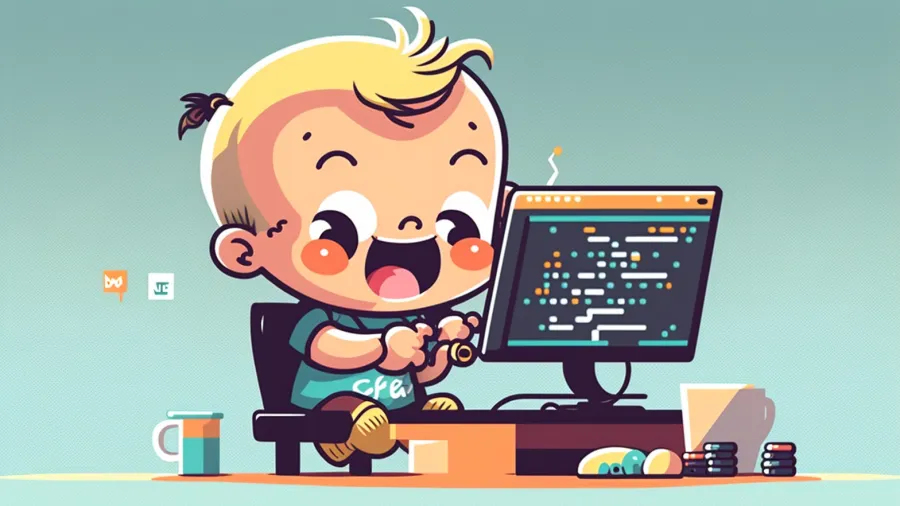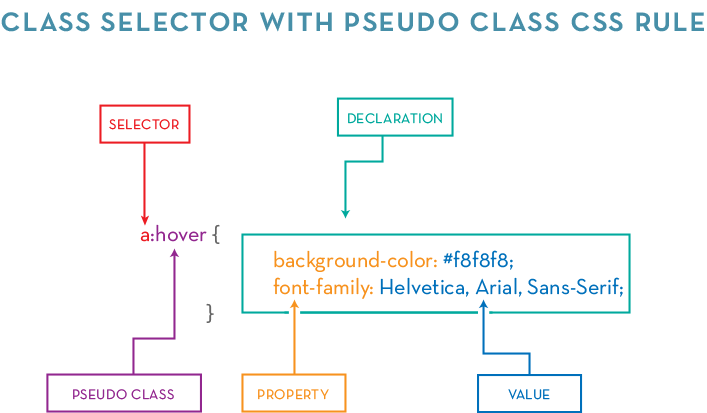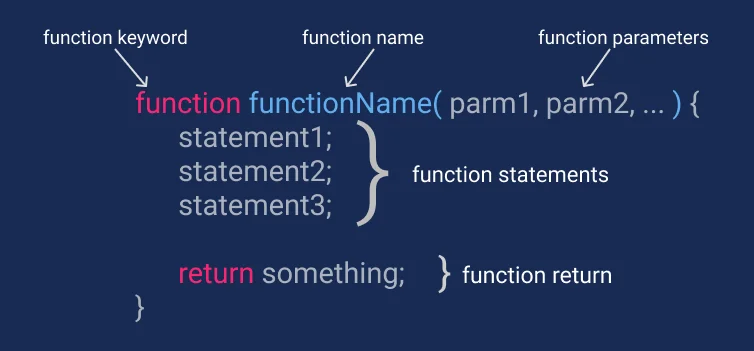· web
Getting Started in Web Development
Reading through "the docs" wasn't helping because there was specific jargon I didn't understood.

Learning a new language
I am not talking about a particular language like HTML or Javascript. I am talking about the jargon used to describe those languages.
As I was trying to teach myself how to code, hearing terms like params and args often left me very confused and frustrated and angry and upset, and kind of sad… Reading through “the docs” wasn’t helping because there was specific jargon I didn’t understood.
So the hope is learning the jargon will help you understand the docs better and help you learn faster.
Web Jargon Basics
I am not going to try to explain all of HTML in this doc, really just want to point out some of the terms that are being used, so as you do research and read through the docs you can make sense of it.
HTML Tags
I ripped the image from this article . They probably explain HTML a lot better there.

This graphic shows the “Anatomy” of an HTML tag, in our case a P tag. There are tons of tags besides the P tag. Here is a list of all the HTML tags
In this graphic, if we replaced the P with an a it would then be an “a tag”. If we replaced it with a div we would call it a “div tag”.
Tags have:
- openings
- closings
- content
- attributes
- values
CSS Rule
Again here is the css article I took the image from.

a CSS Rule has
- selector
- pseudo class
- declaration
- property
- value
- property
So this particular rule would look for every a in our web page and when a user hovers over that tag with the mouse it would apply a background color and change the font.
The selector will match some HTML tag name or HTML tag attributes.
Javascript Function
Reference article here . So if you are totally new. I would say don’t worry about learning the javascript yet. Take some time with HTML and CSS then circle back to JS (javascript).
Also if you see stuff online about “Java” know that it is nothing like “javascript”.

Some Learning Resources
HTML
CSS
- https://developer.mozilla.org/en-US/docs/Web/CSS
- https://www.w3schools.com/css/default.asp
- https://daily-dev-tips.com/posts/10-amazing-games-to-learn-css/
- https://www.youtube.com/@Hyperplexed
- https://www.youtube.com/@KevinPowell
Javascript
… I will plug this in later.
3-month road map
If you are new here is how I would suggest starting.
- Month 1: HTML & CSS.
- Month 2: JavaScript.
- Month 3: HTTP & APIs
yes, spend a month just making sites with HTML & CSS. You will probably get the basics down in a week and feel you are ready to move on, and you totally could if you really want to. But I would encourage you to practice it long enough that it starts to feel comfortable.
Javascript is going to build off HTML and CSS in many ways, so the firmer your foundation in those the easier using Javascript will be. Furthermore, Javascript is a precursor to HTTP and APIs in web development, so again having that good foundation is going to make your learning go much faster and feel less frustrating.
Bootcamps, college, self-directed
Ok I think the rubric to evaluate these different options include
- curriculum
- network
- mentors
- job placement
- ROI
Obviously, if you are self-directed you will need to do the work of building your curriculum and ingratiating yourself into networks of other devs, you will need to find mentors, and also you will need to do the work of finding a job. Really the cost here is your time and your energy. So if you don’t have money, this may be the option for you.
Bootcamps, will generally provide a curriculum and probably a network as well. I would look at their mentorship resources and if they offer job placement programs. If they do have a job placement program compared it to other boot camps, I am betting it is worth the time to evaluate options.
College is for chumps. Nuff said. JK. Honestly, I got a lot of value out of college. Learned some really good theory that helps me with my daily work about 2 a year, coincidently it seems to align with the summer solstice and the winter equinox… Also, I made some good friends that have helped me develop my career.
A college degree is probably helpful in getting interviews at some bigger companies, but I think if you have a good portfolio they would probably still give you an interview anyways.